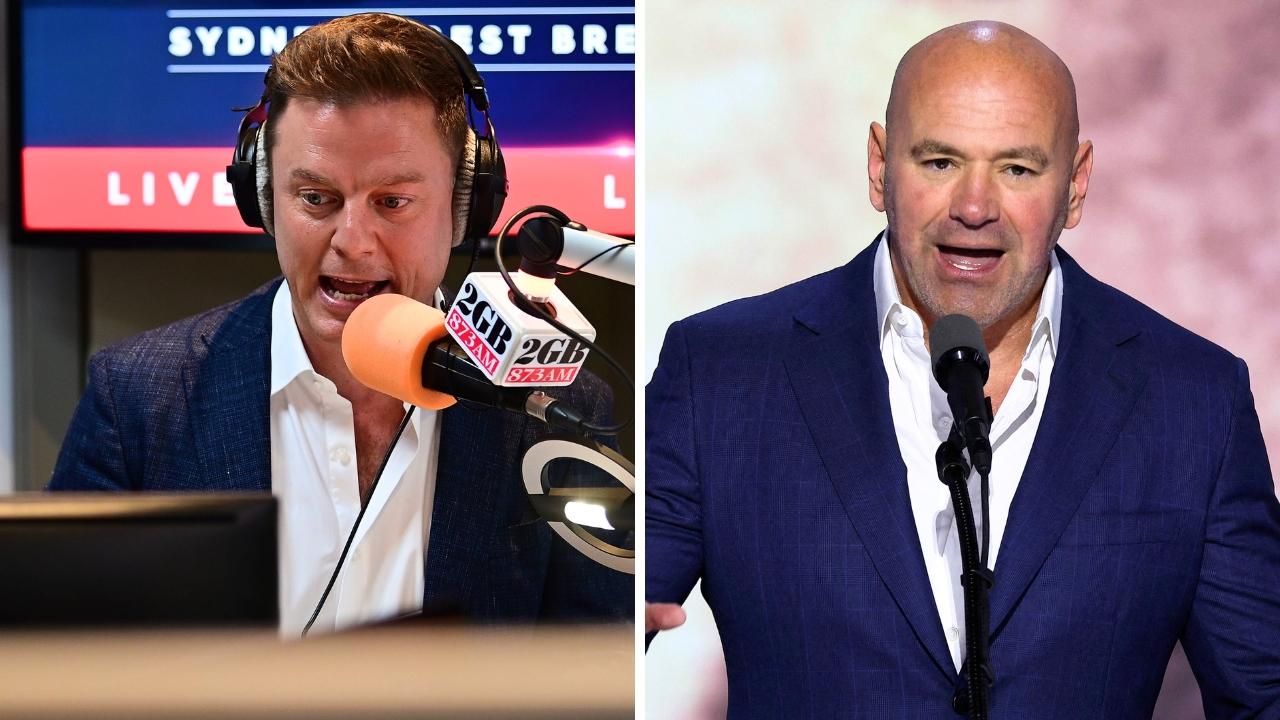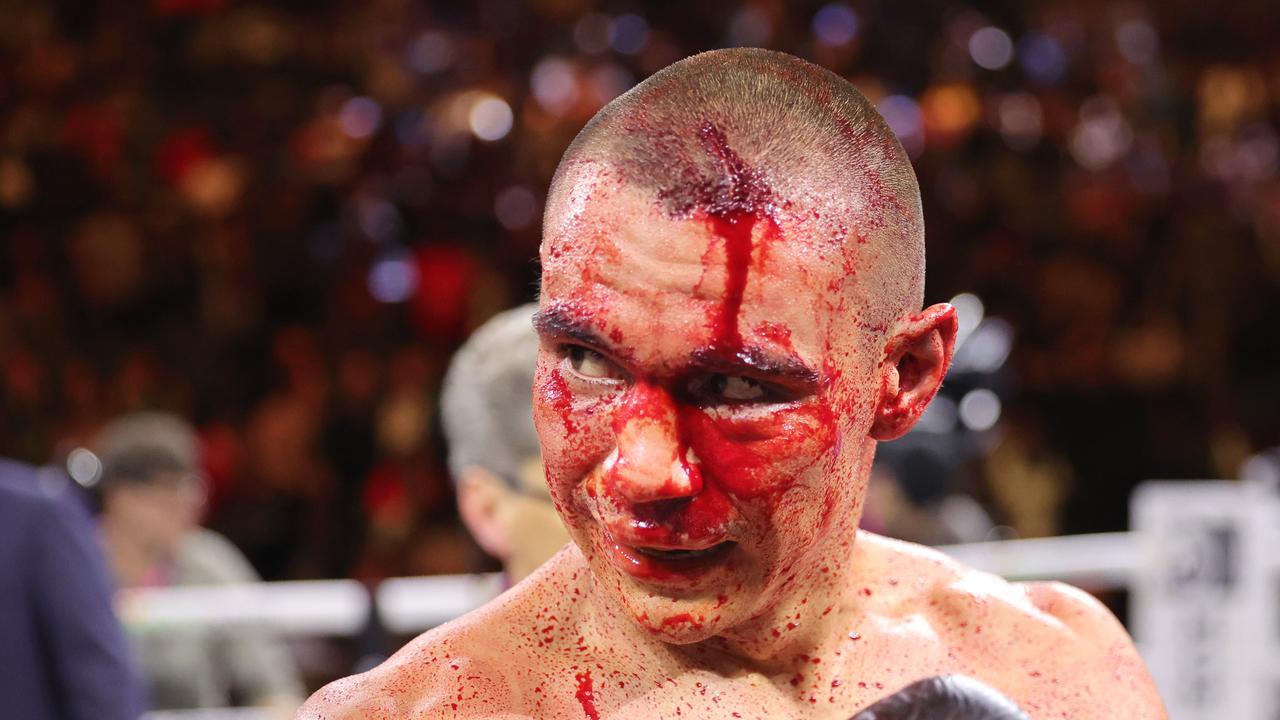How Jeff Horn’s win over Manny Pacquiao started a golden age of Aussie boxing
With world titleholders and future world champions throughout the weight classes, Australian boxing is experiencing a golden age, but one pivotal moment kickstarted it all.
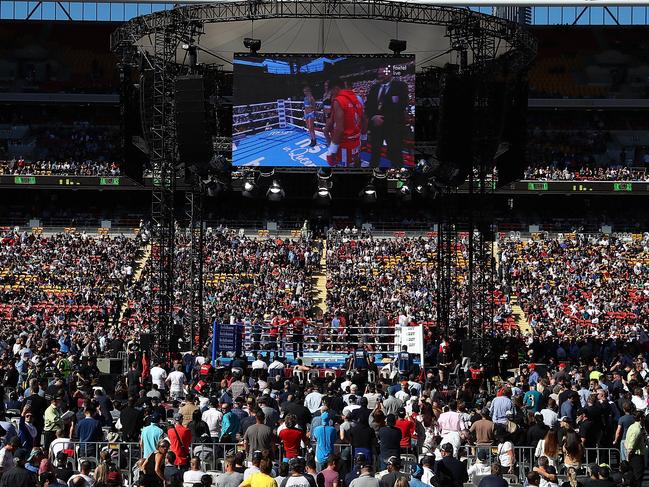
Boxing/MMA
Don't miss out on the headlines from Boxing/MMA. Followed categories will be added to My News.
On a sunny Sunday afternoon in 2017, legendary ring announcer Michael Buffer announced the words “AND NEW” and changed Australian boxing forever.
At that moment, when a little known schoolteacher from suburban Brisbane named Jeff Horn upset one of the greatest boxers ever in Manny Pacquiao, the sport in Australia was altered immeasurably and for the better.
Before that fight, boxing was threatening to fade slowly into insignificance.
“There was a phase with Anthony Mundine, Danny Green, Daniel Geale and myself where we kept boxing alive in this country,” former world champion Billy Dib tells this masthead. “We kept giving it hope.
“But that (Horn’s win) was a crowning moment for Australian boxing. It started the next phase.”
The idea that a sport known for its bravado and bling was so dramatically transformed by an unassuming guy like Horn remains one of Australian sport’s great ironies. But even Horn, humble as he is, knows the impact it had.
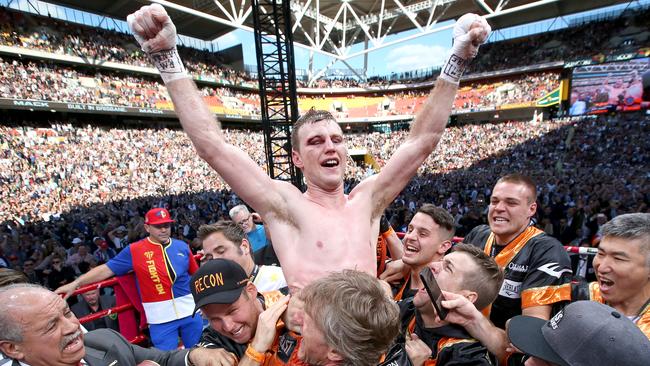
“I guess since I did what I did and won that world title, it has inspired a lot of fighters to believe they can do better,” Horn tells this masthead. “It’s made us even more competitive on the international boxing scene.
“There’s that belief to be able to say, ‘I can compete with the best in the world’, then it’s just about performing in the moment.”
The impact of his win goes beyond the fighters too.
Horn’s world title victory proved the sport had a future here – and a lucrative one at that.
It showed to broadcasters that it had something worthwhile to put on TV. It was a huge boon for the Queensland government after investing money to draw Pacquiao Down Under. Sponsors came flocking and the sport was revived. It’s a blueprint that has been used and adapted ever since.
And the next crop of fighters have taken the baton and run with it.
George Kambosos Jr created more history by beating Teofimo Lopez to become the undisputed lightweight world champion.
Jai Opetaia fought through a broken jaw to claim the IBF cruiserweight world title.
Tim Tszyu is the current WBO super-welterweight world champion and will be elevated to full champion when Jermell Charlo is stripped in September.
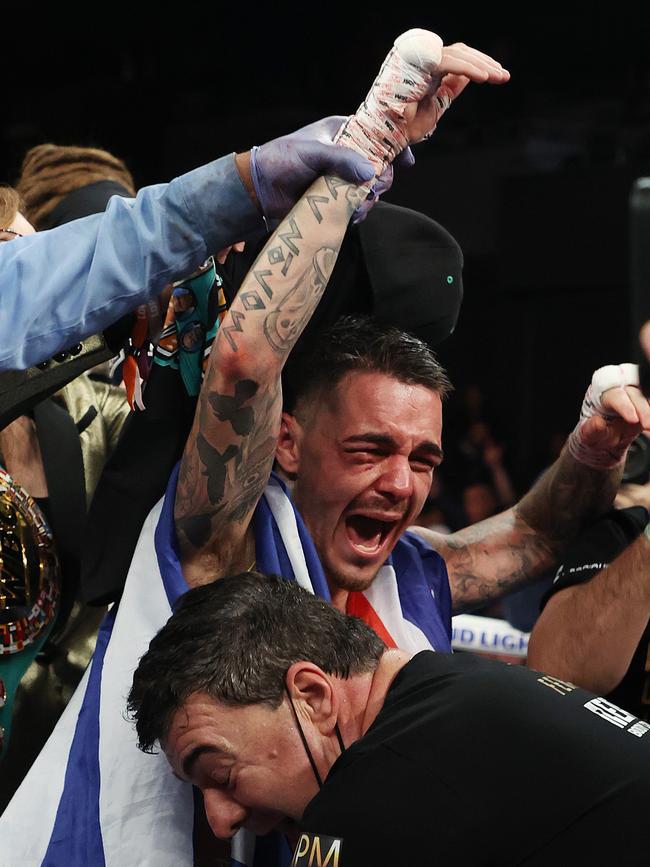
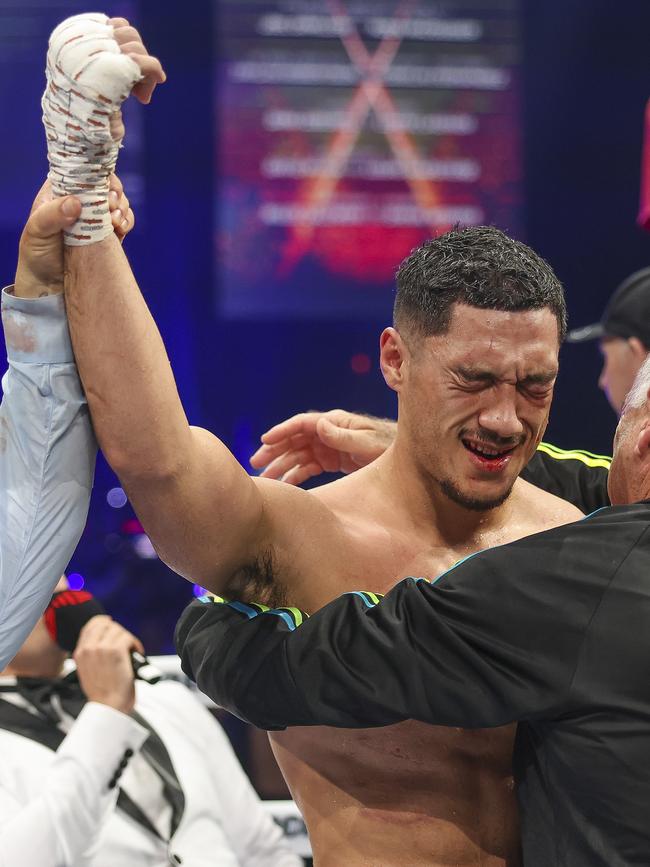
Jason Moloney holds the WBO bantamweight world title, and his brother, Andrew, is the former WBA super flyweight world champ.
Ebanie Bridges is the women’s IBF bantamweight world champion.
Meanwhile, the likes of Liam Wilson, Sam Goodman, Liam Paro, Michael Zerafa and others are right in world title contention.
Australia’s crop of female fighters is also poised for huge things too, with Skye Nicolson, Taylah Robertson and Cherneka Johnson all making waves here and overseas.
“I’ve never seen boxing as great as it is now in Australia in any era,” Jeff Fenech tells this masthead. “Not in my era, not in Kostya Tszyu’s era.
“The amount of potential is amazing, I’ve never seen boxing where it is today. It’s mind boggling.”
Dib won his IBF featherweight world title in 2011, and was a legitimate star of the sport who trained alongside Oscar de la Hoya and Shane Mosley.
But with the investment and backing domestic boxing has today, he wishes his title reign had been delayed by a decade or so.
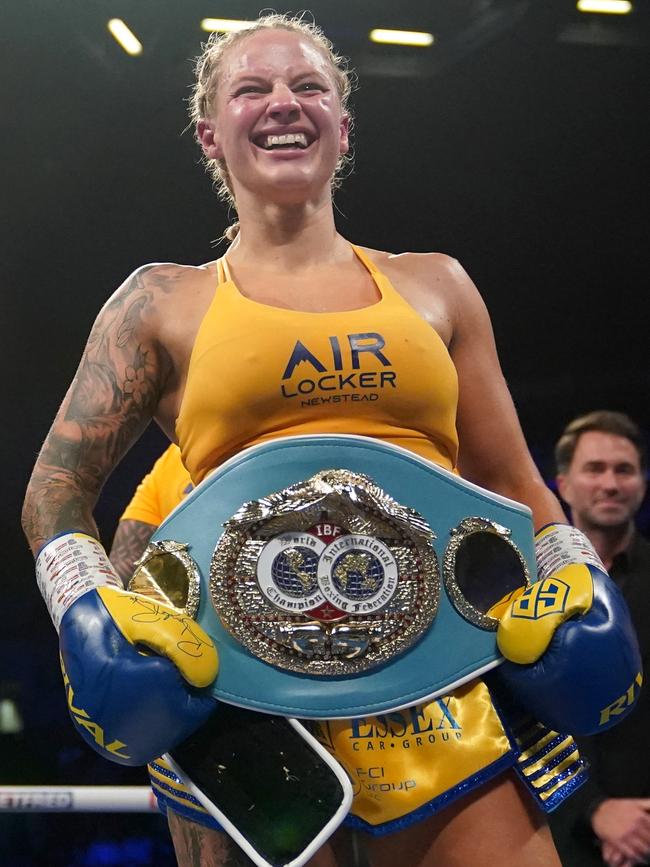

“I wish I was boxing in today’s era, I wish I was champion today,” Dib told this masthead. “Australian boxing is at its highest peak. It’s the strongest it’s ever been.
“If you want to be a world champion, this is the time to do it.”
Once the king of Australian boxing, Anthony Mundine, like Dib, says he wishes he could be fighting now.
“All the eras have talent, throughout different divisions and history, but this one seems to have more Australians doing well on the world stage,” he tells this masthead. “It’s pretty surreal.
“George (Kambosos) getting the chance to fight Teofimo Lopez for all the belts, now other people want to accomplish that as well.”
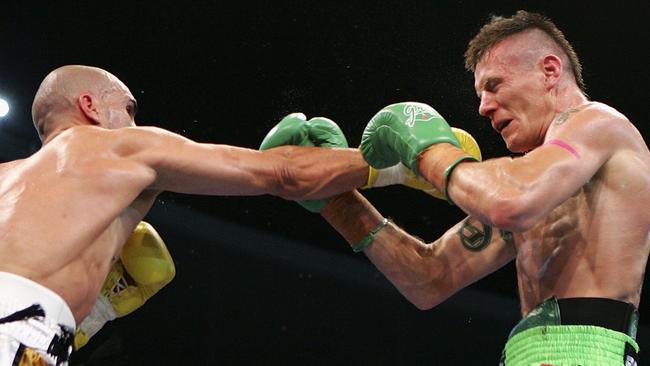
Before Horn became the catalyst for the current quantum shift, Aussie fighters heading overseas were seen as little more than cannon fodder.
“When an Australian came over to the US, the Americans didn’t expect him to win,” Dib says. “He was expected just to participate.
“Now we’re expected to win. We’re in the power seat.”
But there is still work to be done in introducing today’s rising stars to a wider audience.
“We need a weekly show,” Fenech says. “When I had a boxing show on Sky, everybody was watching every Wednesday night.
“We need it now. We’re spoiled with fighters, but there are fighters that people don’t know because we still need to get them in the mainstream media, in the papers and on TV like me and Kostya were.
“There’s no bigger event than a boxing show. None. Look at Tyson, Floyd, Manny – nothing eclipses it, so we need something, not just social media.”
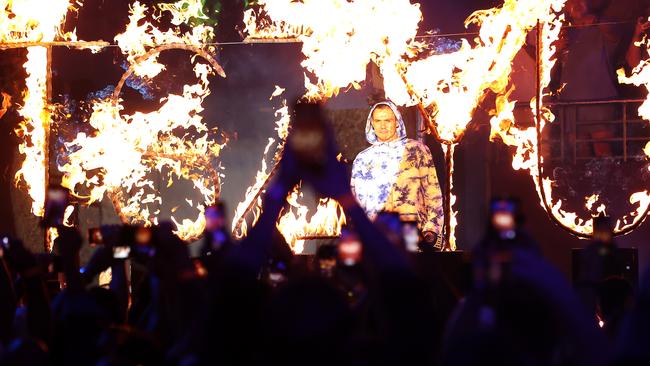
For Mundine, it comes down to a lack of characters.
Arguably the most polarising Australian athlete ever, Choc doesn’t see many people who can sell a fight the way he could back in the day.
“There’s a lot of talent, but there’s not many characters,” he says. “There’s not that many people who can create that buzz and interest of the people not just boxing fans, but everyone.
“There’s no flamboyant, charismatic guy that I can see at all today.
“That’s what we need.”
More Coverage
Originally published as How Jeff Horn’s win over Manny Pacquiao started a golden age of Aussie boxing




